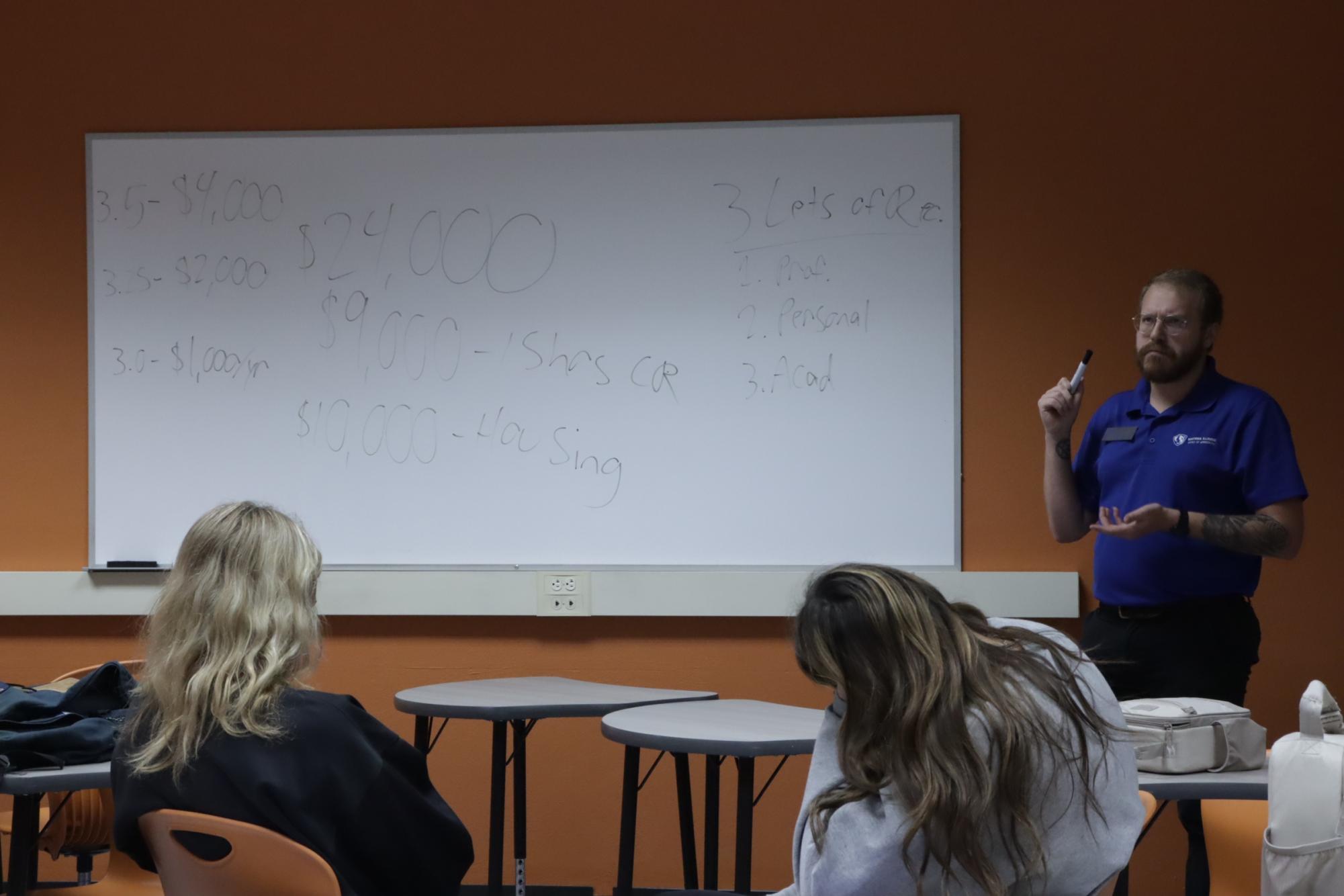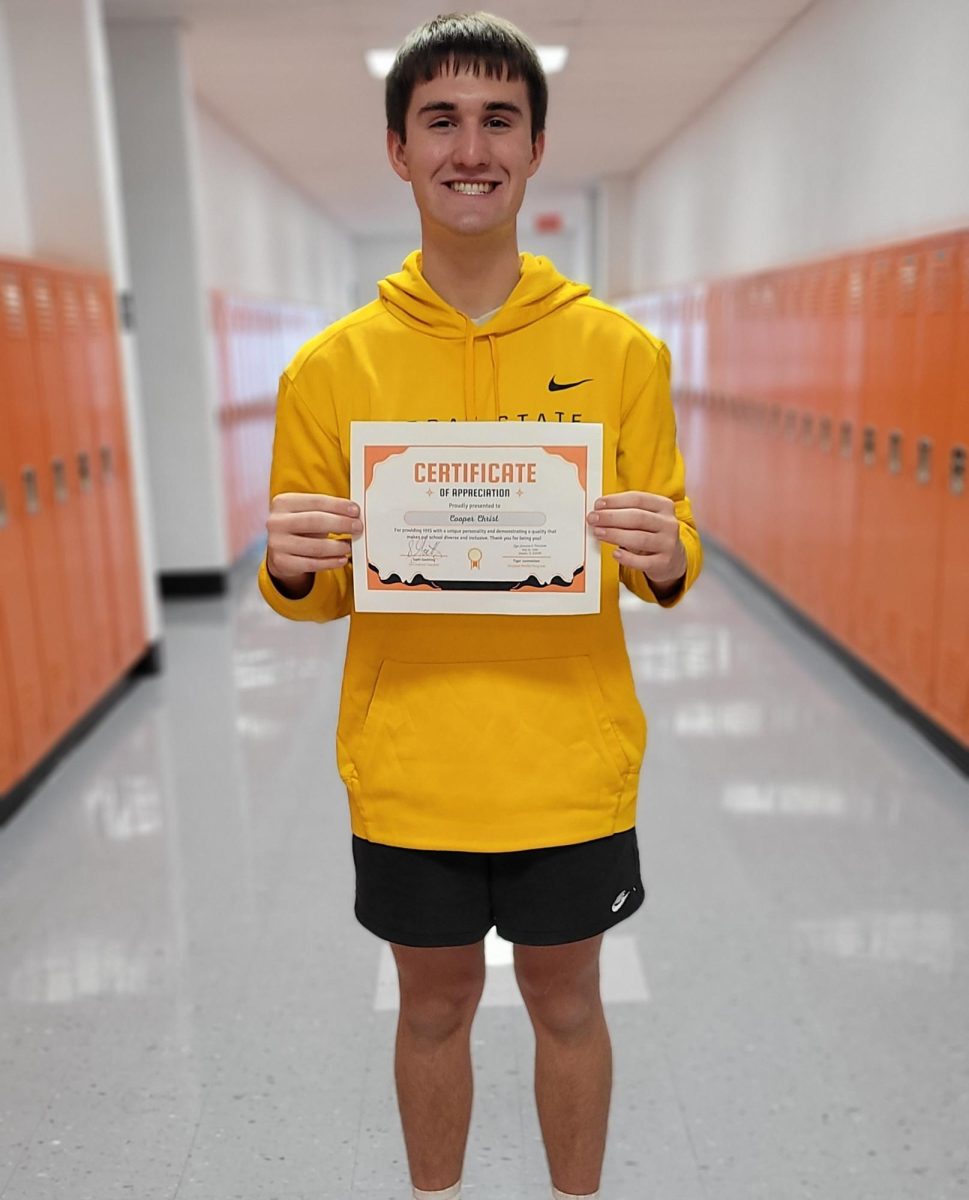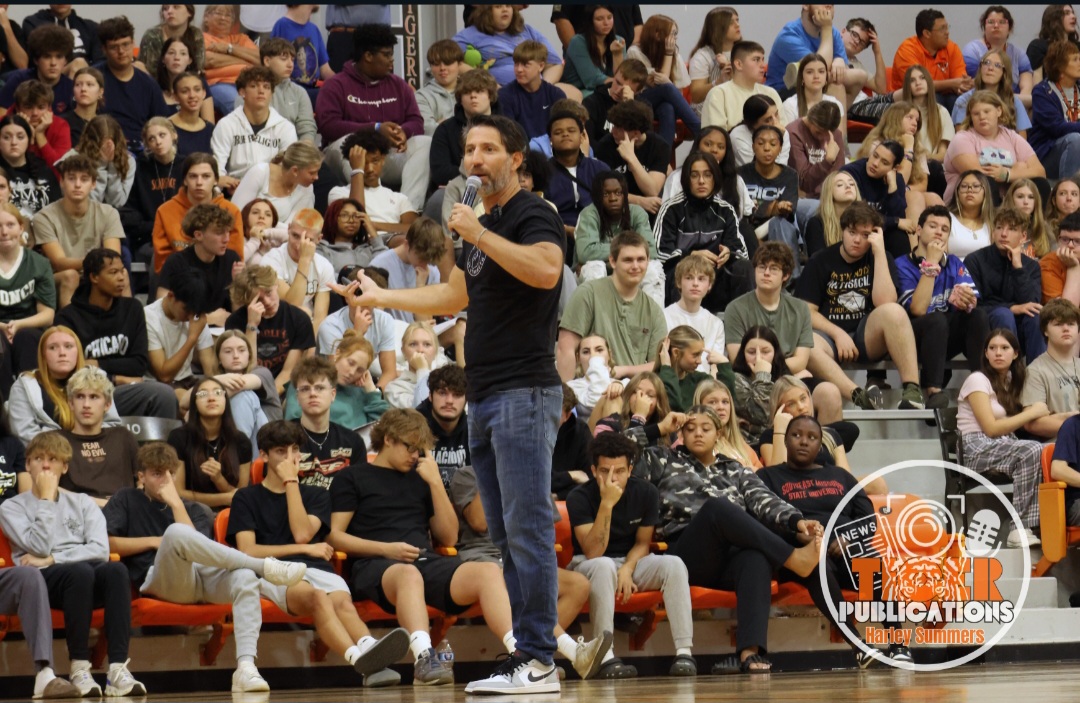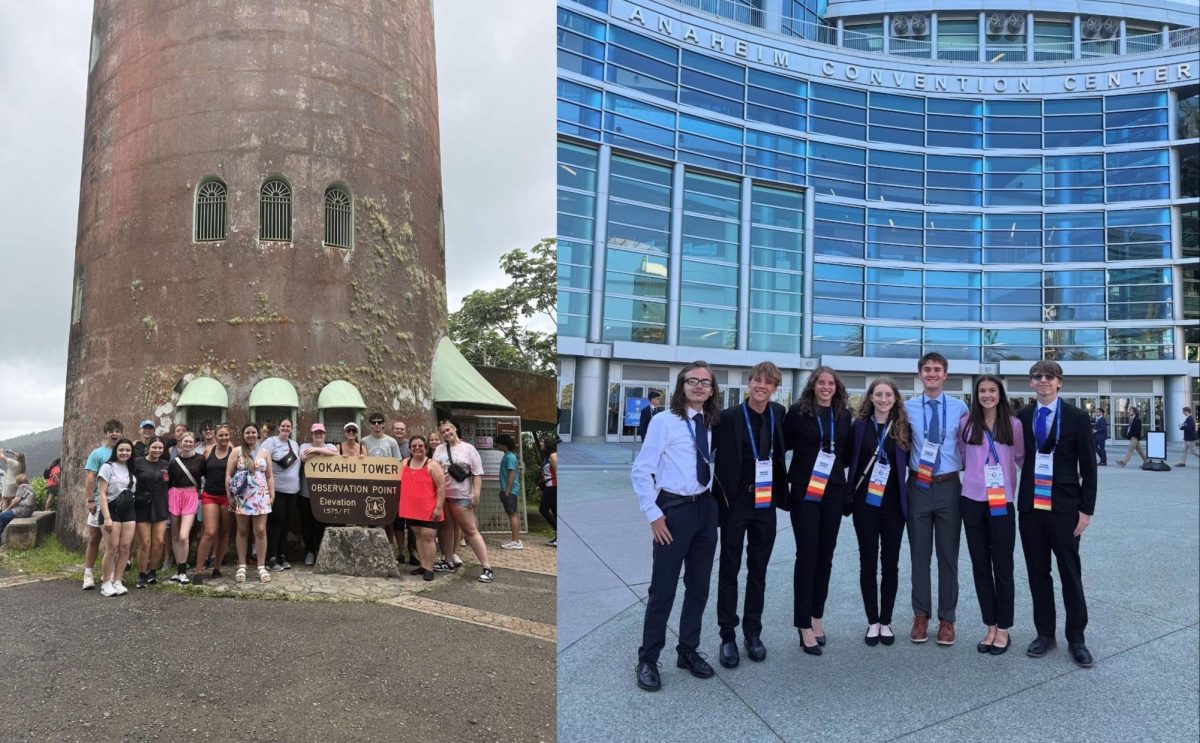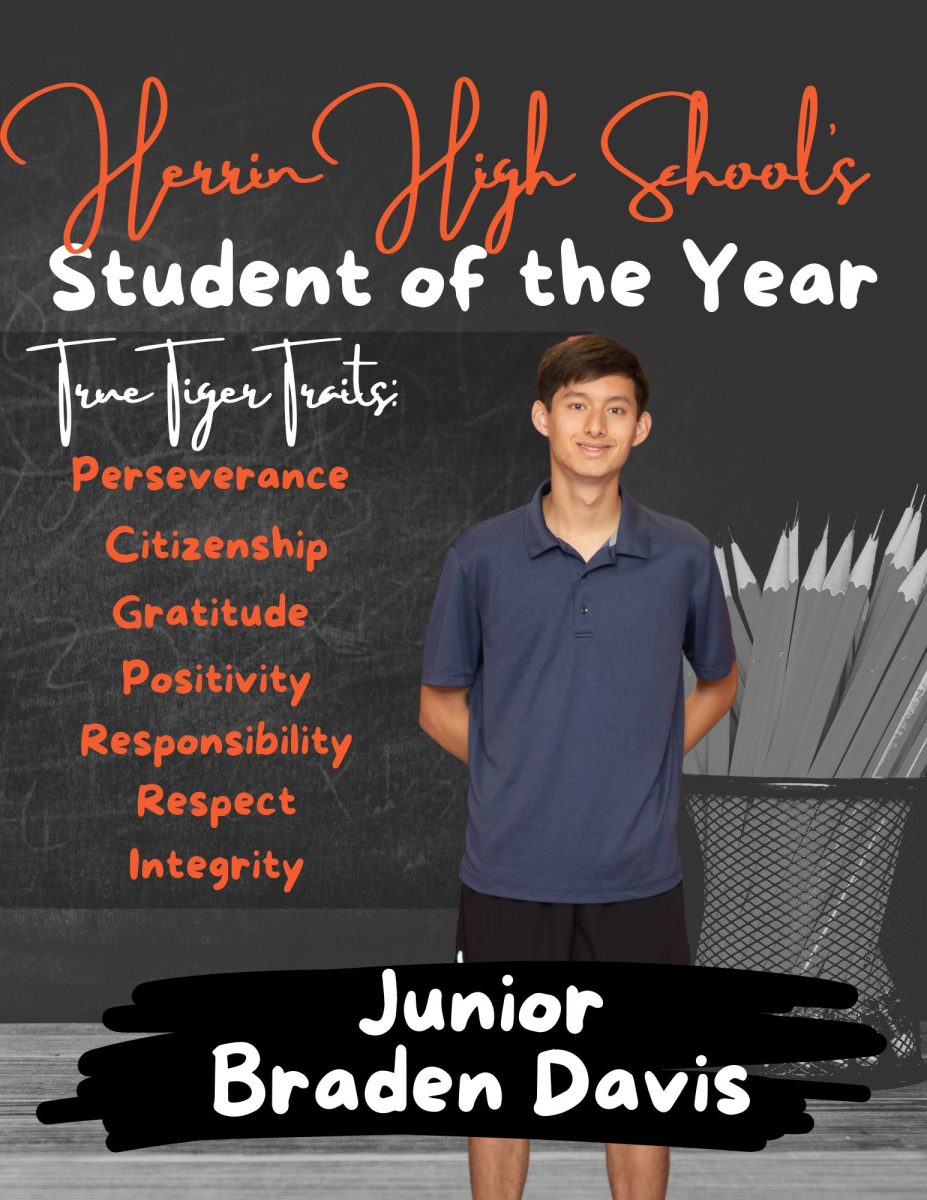Each year, hundreds of thousands of seniors across the country must pen the perfect college application to get into their dream school. With hundreds of competitors also trying to get into the same college, how can one ensure their application is accepted?
Seniors have two main choices when it comes to college applications—early decision and early action. Abby Porter, the Assistant Manager of Dual Credit and Recruitment at John A. Logan, explained: “Early Decision plans are where a student must attend that college if accepted. Early Action plans mean the student does not have to commit until a certain deadline.” Ms. Shelton noted the pros and cons of both. For early decision, a student receives peace of mind and potentially higher acceptance rates, but it is a binding agreement that limits one’s ability to compare financial aid offers. On the contrary, early action provides for early admission decisions and lets a student demonstrate interest without making a promise, however it may also be met with lower acceptance rates and additional planning for many applications.
How does HHS’s myriad of clubs and activities look on a college application? Tracy Zoller, Nursing and Allied Health Program Specialist II at JALC, said: “Colleges like to see students can handle multiple responsibilities at one time. They like to see a student can maintain good grades while working a part time job and being involved in extracurricular activities both within the school and outside, especially volunteer work. Leadership roles and involvement with academic clubs are great on a college application.”
HHS offers Honors, AP, and Dual Credit courses, but how do those courses look on a college application? Ms. Hickman says having those classes on transcripts is a benefit for students who need to impress admissions officers; plus, in senior-level and advanced-level courses, the goal is to polish and perfect a student’s writing. The goal is to promote a strong voice, a precision of word choice, and an eloquence of language, furthered by challenging reading and writing assignments in those classes.” Porter explains such classes enable colleges to see that “you are ready for college content. It proves you have already passed difficult classes and can make them more confident in your academic ability.”
A huge part of the application is the college essay. Ms. Hickman says a student “must master the art of the humble brag. An essay must reveal the best qualities of the senior, preferably with a life lesson and a connection to the future career choices they are making, but be grateful for the support provided by family, school, coaches, churches, etc. that have allowed them to succeed. A healthy respect for the work the road ahead will entail is always appropriate.” Having a clutch on the English language can assist any senior in their application, and Ms. Hickman admits students who read both the fiction literary giants and non-fiction works are exposed to “elegant turns of phrase and new vocabulary that they can then make part of their own style.” Obviously, solid grammar is both expected and required.
Whether the reader is a freshman or senior, you will want to get as early a start as possible on the application process. Miss Shelton says: “Begin researching colleges early – I encourage juniors to start adding colleges to Naviance as they get curious and hear about colleges that have the major they are interested in. Create a timeline for standardized tests, applications, and financial aid – I have one created online for the seniors. Build a strong academic and extracurricular profile throughout high school – use the resume function in Naviance. Start drafting essays and personal statements early.”
Don’t fret! With the information above, a college application can be made easy!




